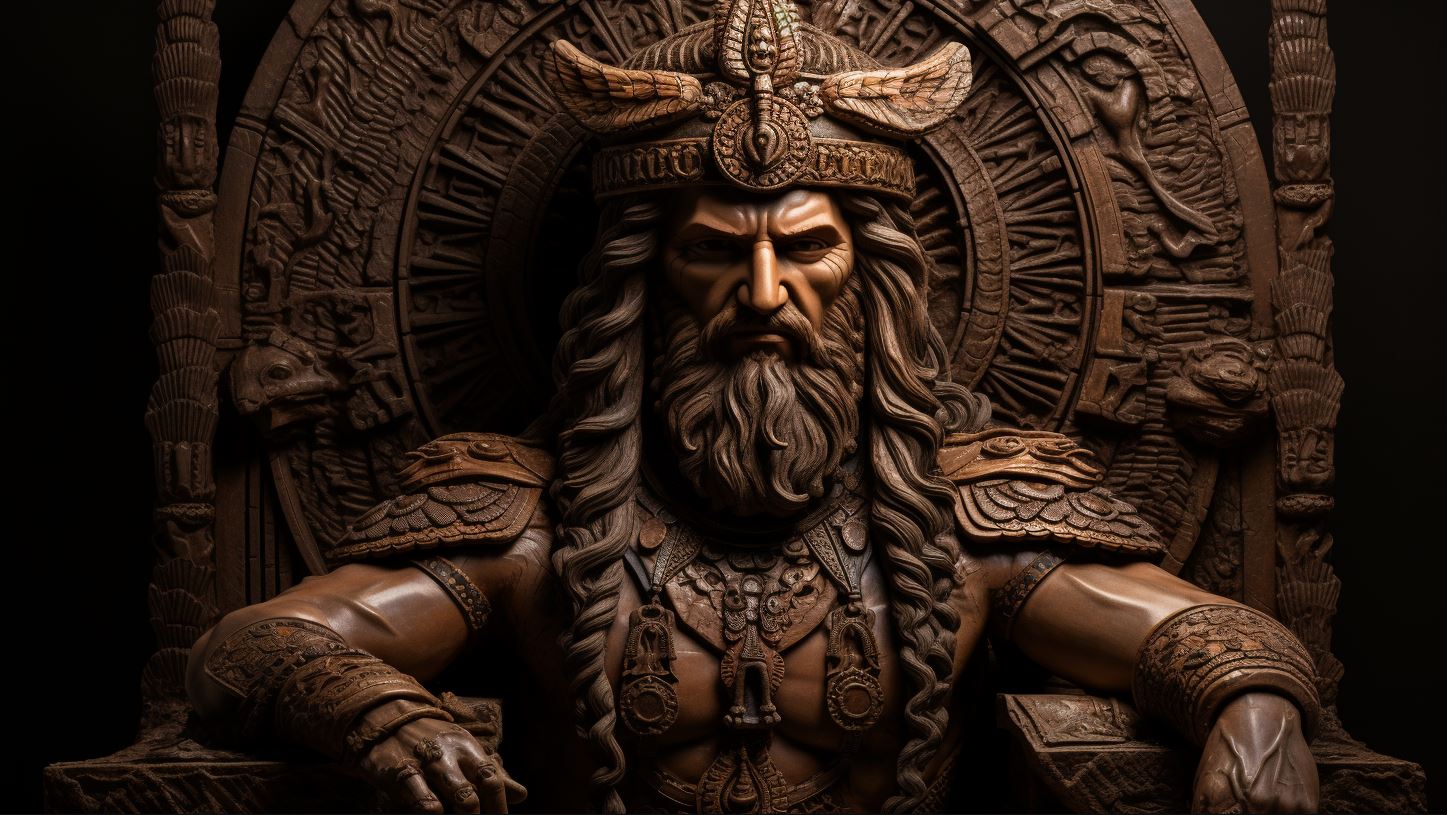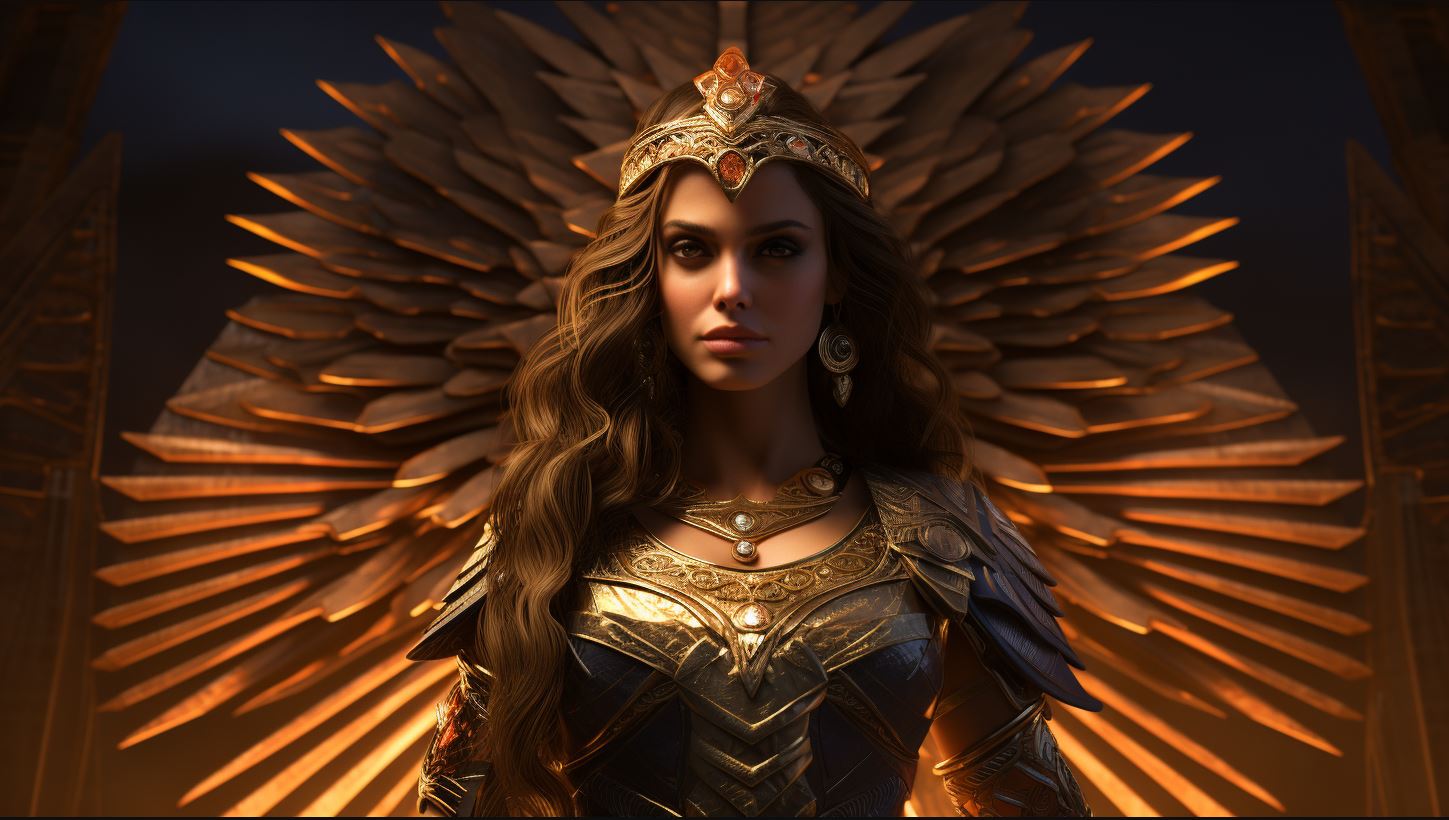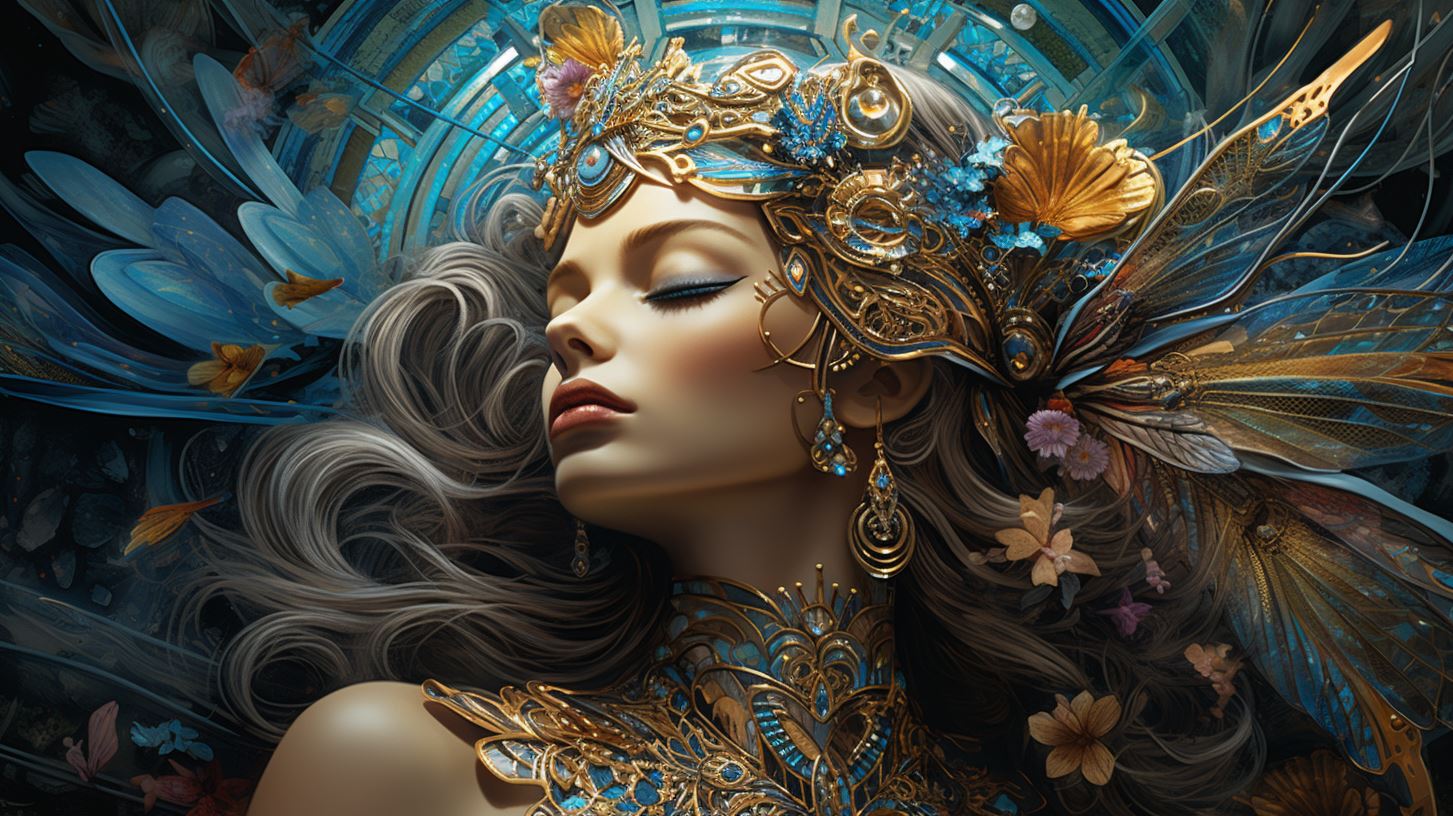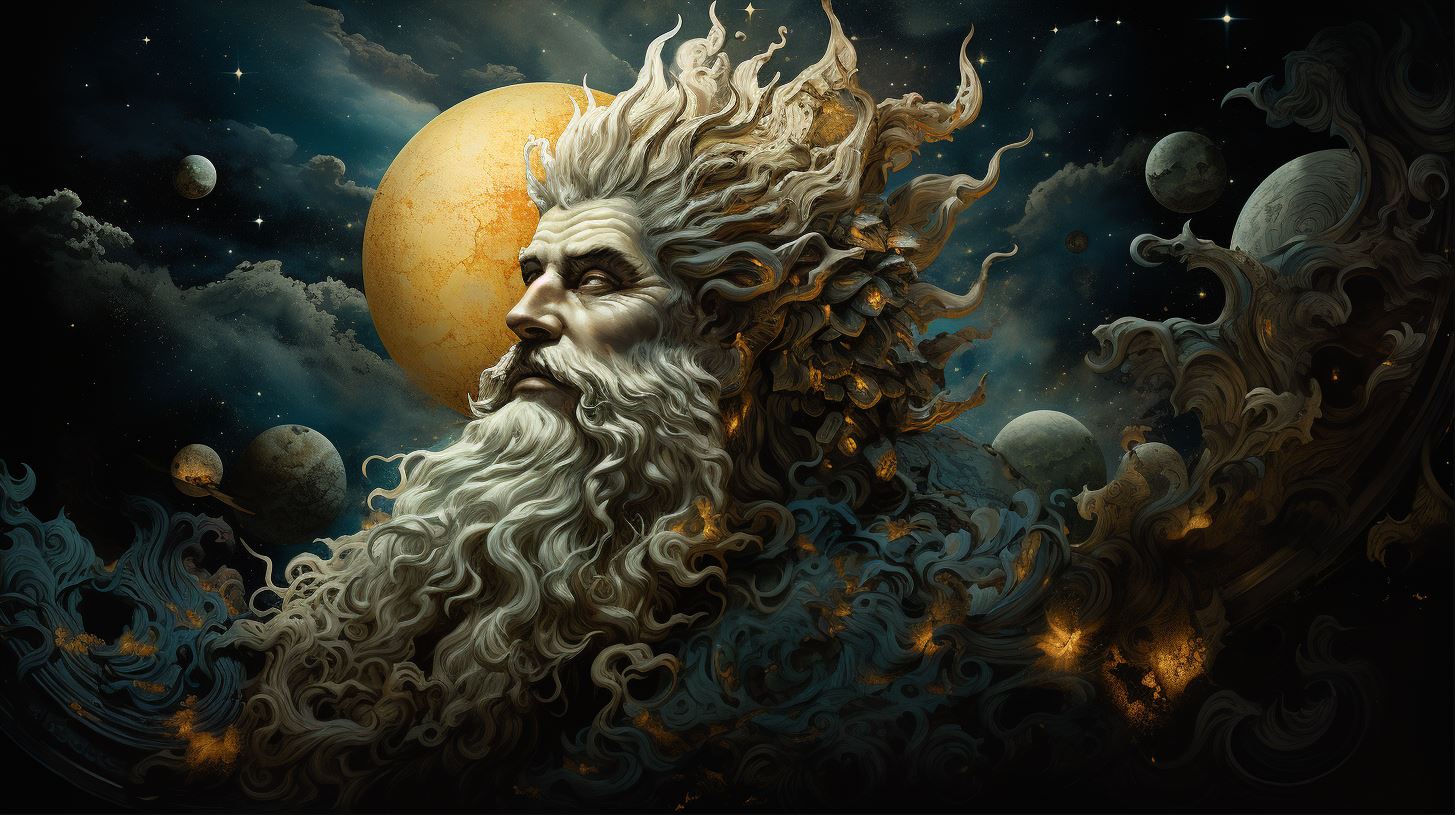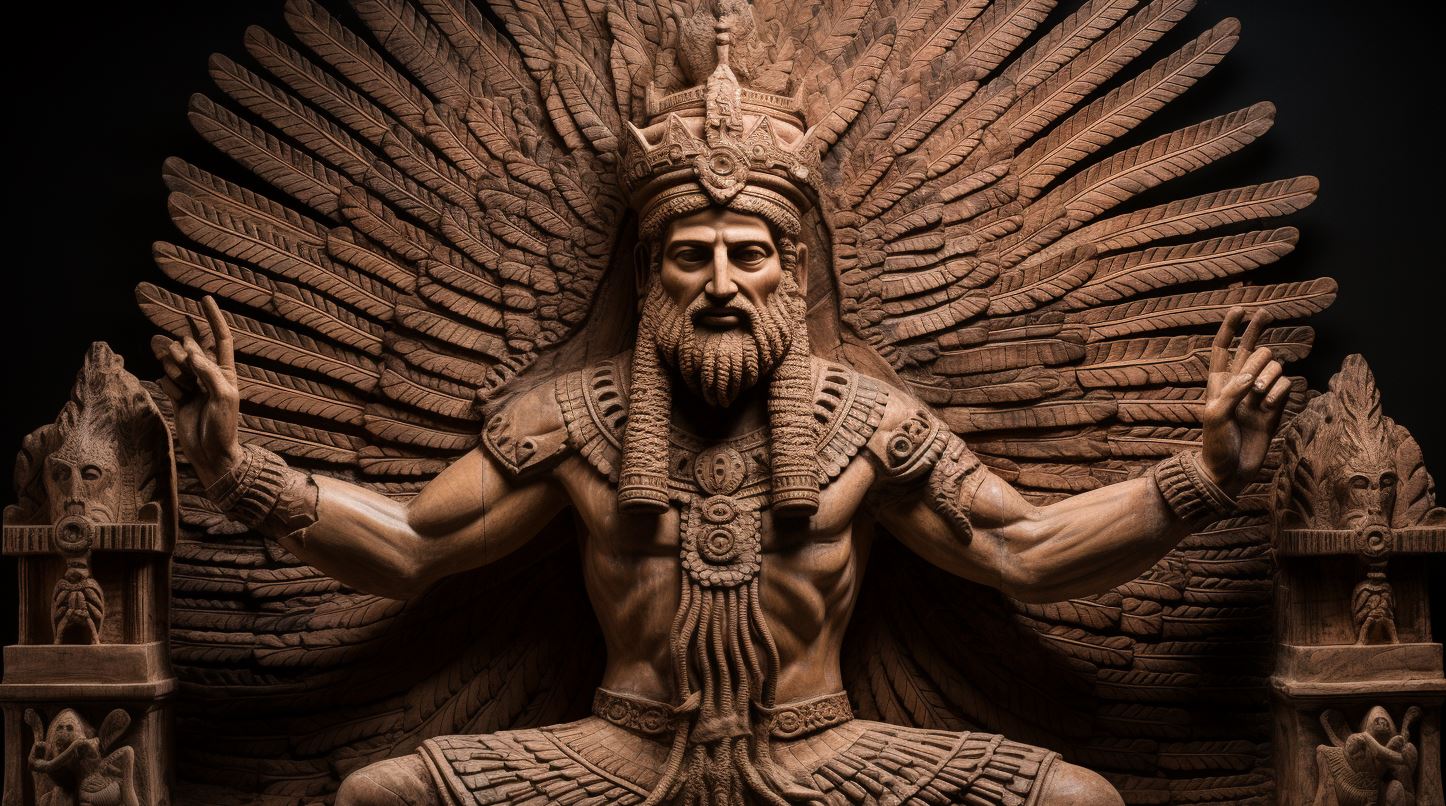Ningal Goddess: Unveiling the Mysteries of the Ancient Mesopotamian Deity
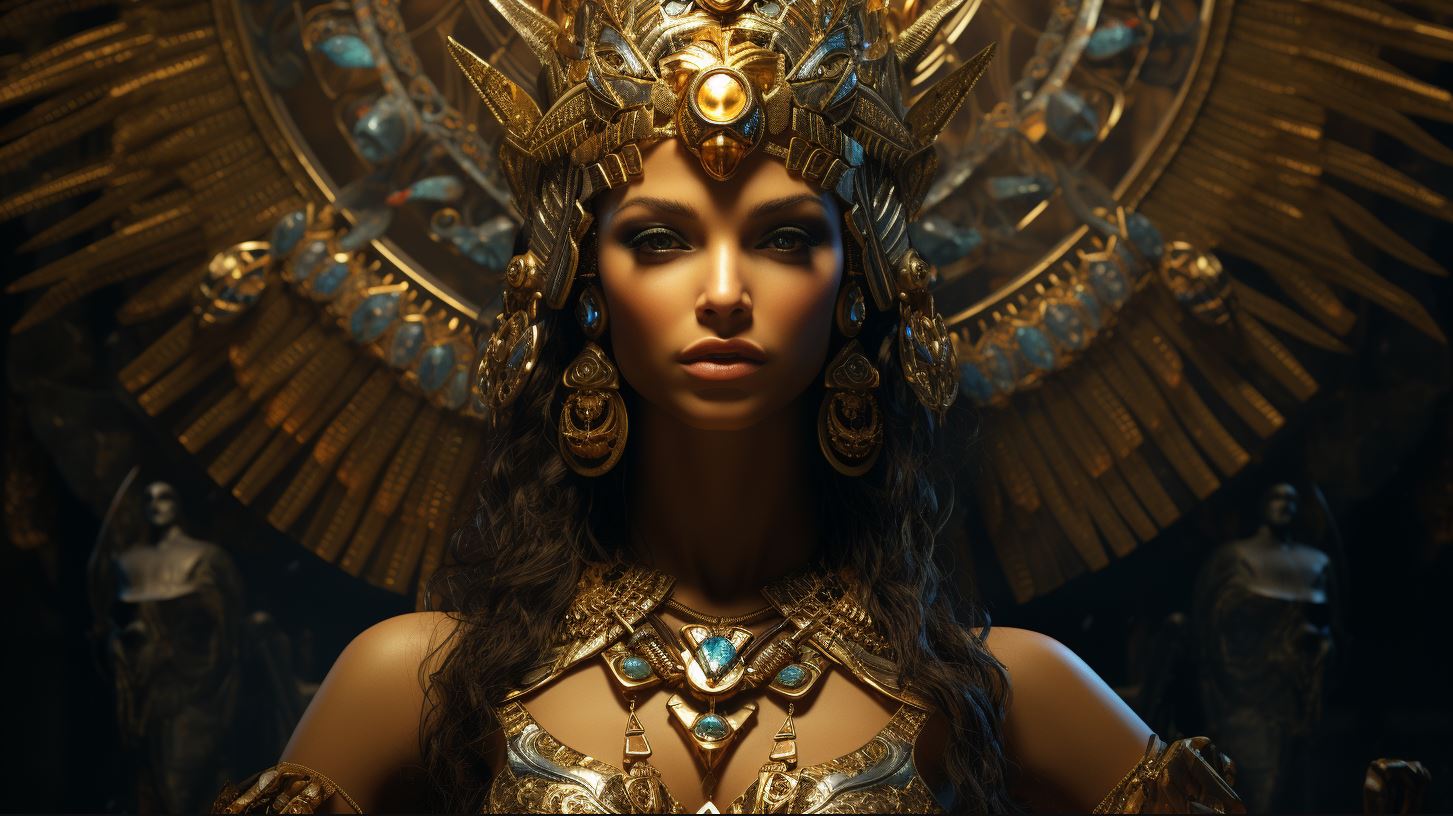
The Ningal goddess holds a significant role in ancient Mesopotamian mythology, particularly in relation to her husband, Nanna, the Moon God. Also revered in Ur and Harran, Ningal embodies a passive and supportive nature, serving as the tutelary deity of Ur.
She is associated with dream interpretation and visions. Ningal’s influence extends to being the mother of Inanna and Utu, as well as an initiator of feminine mysteries. Furthermore, she has a connection with nature and fertility, particularly in marshy regions.
The Wings ‘n Water festival aims to honor Ningal and raise awareness about wetland conservation. Additionally, the goddess Rigantona, a Roman/Italic version of the Welsh goddess Rhiannon, represents movement, travel, and fertility, celebrated through events like the Palio festival in Italy.
The Origin and Significance of Ningal Goddess
The Ningal goddess holds a significant role in Mesopotamian mythology, weaving a rich tapestry of divine narratives. Understanding her importance requires exploring various aspects, including her role in mythology, her relationship with Nanna (the Moon God), and her veneration in Ur and Harran.
The Role of Ningal in Mesopotamian Mythology
In Mesopotamian mythology, Ningal occupies a unique position as the wife of Nanna, the Moon God. Her portrayal reflects a complex interplay of divine forces, with Ningal representing nurturing qualities and embodying the essence of femininity.
While not the main protagonist, her role as a supporting figure is key to the unfolding of celestial narratives.
The Relationship between Ningal and Nanna, the Moon God
Ningal’s relationship with Nanna plays a crucial role in both their individual stories and the broader mythological framework. As the wife of Nanna, Ningal reflects the Moon God’s soothing and gentle nature.
Together, they symbolize harmony and balance, highlighting the cosmic union of celestial forces.
The Veneration of Ningal in Ur and Harran
The ancient cities of Ur and Harran held Ningal in high esteem, showcasing their reverence for her divine qualities. Complemented by her association with dream interpretation and visions, Ningal’s presence in these cities served as a source of guidance and wisdom for the inhabitants.
In Ur, particularly, Ningal acted as a tutelary deity, offering her protective patronage over the city and its people. Her influence encompassed not only the celestial domain but also permeated the fabric of everyday life, enhancing the spiritual and cultural landscape of Ur.
Exploring the origin and significance of Ningal goddess unveils a captivating tale that intertwines cosmic forces, symbolism, and devotion. Understanding her role in Mesopotamian mythology, her relationship with Nanna, and her veneration in Ur and Harran sheds light on the complex tapestry of ancient beliefs and rituals.
Ningal Goddess: Symbolism and Characteristics
In this section, we will explore the symbolism and characteristics associated with the mesmerizing Ningal goddess. Known for her significant role in ancient Mesopotamian mythology, Ningal embodies various profound aspects worth delving into.
From her passive and supportive nature to her position as the tutelary deity of Ur, along with her association with dream interpretation and visions, Ningal’s presence in the pantheon is both intriguing and powerful.
The Passive and Supportive Nature of Ningal
Ningal, often depicted as a nurturing figure, radiates a passive and supportive energy that complements the masculine vigor of other deities. Her gentle demeanor and unwavering support make her an essential stabilizing force within the divine hierarchy.
Ningal demonstrates the profound influence that can arise from seemingly subtle qualities, reminding us of the importance of nurturing and offering support in both personal and collective endeavors.
Ningal as the Tutelary Deity of Ur
One of Ningal’s notable roles is her position as the tutelary deity of Ur, a city that holds immense historical and cultural significance. The people of Ur revered Ningal, attributing her divine protection and guidance to the flourishing of their beloved city.
Her presence as the guardian deity fostered a sense of belonging and unity among Ur’s inhabitants, reinforcing the connection between a deity and a land’s prosperity.
Ningal’s Association with Dream Interpretation and Visions
Deeply intertwined with the realm of dreams and visions, Ningal possesses the profound ability to interpret these mystical experiences. Believed to hold insights into the divine messages delivered through dreams, Ningal’s association with dream interpretation grants her worshippers a glimpse into the hidden realms of the unconscious mind.
Her presence offers solace and guidance, shedding light on the mysterious symbolism woven within the tapestry of dreams and visions.
Ningal: Mother of Inanna and Utu
The role of Ningal in Mesopotamian mythology goes beyond being the wife of the Moon God Nanna. She holds a significant position as a mother figure, giving birth to two prominent deities – Inanna and Utu. Her influence can be seen in the mysteries of femininity that she initiates for Inanna and her deep connection to the city of Ur.
Ningal’s Role in Initiating the Mysteries of Femininity for Inanna
Ningal plays a crucial role in guiding Inanna, her daughter, through the sacred mysteries of femininity. Through personal experiences and ancient teachings, Ningal imparts wisdom and knowledge about womanhood, fertility, and the powers that lie within.
It is through Ningal’s nurturing and guidance that Inanna gains a deeper understanding of her own divine feminine nature.
Ningal’s Lament for the Fall of Ur, her City
The city of Ur, once a thriving center of civilization, fell into ruin and destruction, causing great sorrow for Ningal. As the tutelary deity of Ur, she mourns the loss of its vibrant culture and the flourishing community that once worshipped her.
Ningal’s lament echoes through the annals of history, as she grieves for the fall of her beloved city.
Ningal as a Goddess of Nature and Fertility
The goddess Ningal is not only revered for her role as the wife of the Moon God Nanna and her association with dream interpretation, but she also holds a significant place in Mesopotamian mythology as a deity of nature and fertility.
Ningal’s Protection of Marshy and Reed-Filled Regions
Ningal’s connection to the natural world goes beyond her role as a lunar deity. She is specifically linked to the protection of marshy and reed-filled regions. These areas, abundant with juncos and swamps, were seen as sacred and life-giving.
As a goddess of nature and fertility, Ningal ensures the preservation and well-being of these vital ecosystems. Her influence extends to the nurturing of the land, the growth of vegetation, and the prosperity of wildlife that thrives in these unique habitats.
Wings ‘n Water Festival: Honoring Ningal and Advocating for Wetland Conservation
To celebrate Ningal’s connection with the natural world and raise awareness about the importance of wetland conservation, the Wings ‘n Water festival is held in her honor. This festival serves as a platform to educate the public, rally support, and raise funds for the protection of endangered wetlands.
During the Wings ‘n Water festival, various activities and events take place, highlighting the ecological significance of these wetlands. Workshops, exhibitions, and guided tours provide visitors with a deeper understanding of the biodiversity, environmental benefits, and cultural value associated with these marshy regions.
The festival not only acts as a means to show appreciation for Ningal’s role as a goddess of nature and fertility but also emphasizes our collective responsibility to conserve and safeguard these fragile ecosystems for future generations.
- Educational workshops and demonstrations on wetland ecology
- Guided tours of marshy and reed-filled areas
- Presentation of environmental initiatives and projects
- Art exhibitions showcasing the beauty of wetland landscapes
- Engagement with local communities to raise awareness about wetland conservation
Through the Wings ‘n Water festival, Ningal’s significance as a goddess of nature and fertility is not only honored but also translated into action, promoting the preservation of these invaluable and threatened habitats.
Rigantona: A Roman/Italic Form of the Welsh Goddess Rhiannon
Rigantona is a fascinating deity, representing the Roman/Italic version of the Welsh goddess Rhiannon. Known for her association with movement, travel, and fertility, Rigantona offers a captivating insight into the ancient beliefs and traditions of diverse cultures.
Rigantona’s Association with Movement, Travel, and Fertility
Rigantona embodies the essence of movement and travel, symbolizing the ever-changing nature of life’s journey. She is revered as a guiding force for explorers, wanderers, and those seeking new experiences. Just as Rhiannon guided souls between realms in Welsh mythology, Rigantona nurtures the spirit of adventure and encourages individuals to embrace unforeseen paths.
In addition to her association with travel, Rigantona is strongly connected to fertility and the cycle of life. She represents the energy of creation and regeneration, celebrating the fruitful abundance of the natural world.
As a goddess of fertility, Rigantona inspires growth and nourishment in both physical and spiritual realms.
The Palio Festival in Italy: Celebrating Rigantona
The Palio Festival, held annually in Italy, serves as a vibrant celebration of Rigantona and her enduring influence. This lively event captures the spirit of competition, endurance, and the deep-rooted connection between humans and their surroundings.
During the Palio Festival, different districts of a city compete in a fierce horse race, each representing a particular symbol associated with Rigantona. The festival not only showcases the value of community and ancient traditions but also pays homage to Rigantona’s role as a patroness of movement, travel, and fertility.
- Participants adorn themselves in colorful costumes, reflecting the vibrant spirit of Rigantona.
- Flags and banners depicting Rigantona’s symbols flutter in the wind, igniting a sense of unity and pride.
- The horse race itself embodies the dynamic nature of Rigantona, inspiring participants and spectators alike to embrace the exhilaration of life’s journey.
- As the cheers and applause fill the air, the Palio Festival captures the essence of Rigantona’s vivacity and celebrates her enduring presence in modern-day festivities.
In conclusion, Rigantona, the Roman/Italic form of the Welsh goddess Rhiannon, represents movement, travel, and fertility.
The Palio Festival in Italy acts as a vibrant tribute to Rigantona, embodying her energetic spirit and fostering a sense of community. By exploring Rigantona’s mythology and her connection to ancient traditions, we gain a deeper understanding of the profound impact deities have on human culture and beliefs.
.











